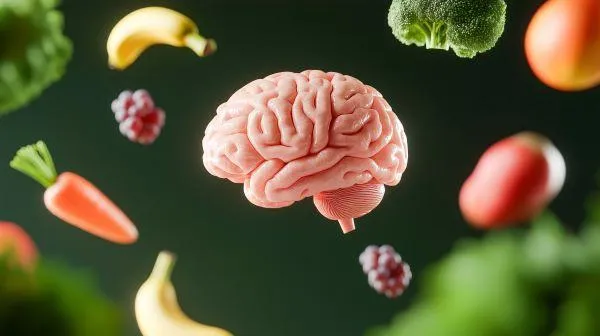
"Age-Proof Your Mind: Essential Habits for Lifelong Brain Fitness"
As we age, maintaining brain health is crucial for preserving cognitive function and overall well-being. This is particularly significant in regions with substantial older populations. For instance, in Houston, Texas, approximately 12% of the population is aged 65 and over, accounting for around 277,699 individuals. In the broader Harris County area, this demographic represents about 11.6% of the population, totaling approximately 560,874 individuals. Implementing evidence-based strategies can help support brain health as we grow older:
1. Engage in Regular Physical Activity
Regular exercise increases blood flow to the brain and promotes neuroplasticity, the brain's ability to adapt and form new neural connections. Aim for at least 150 minutes of moderate-intensity aerobic exercise per week, such as brisk walking, swimming, or cycling.
2. Adopt a Brain-Healthy Diet
Consuming a balanced diet rich in nutrients supports brain function. The MIND diet, which combines elements of the Mediterranean and DASH diets, emphasizes the intake of leafy greens, berries, nuts, whole grains, fish, and olive oil while limiting red meats and processed foods. This dietary pattern has been associated with a reduced risk of cognitive decline.
3. Prioritize Quality Sleep
Adequate sleep is essential for memory consolidation and overall cognitive health. Aim for 7-8 hours of quality sleep per night. Establishing a consistent sleep schedule and creating a restful environment can enhance sleep quality.
4. Stay Mentally Active
Challenging your brain with activities like reading, puzzles, learning a new language, or playing musical instruments can enhance cognitive reserve and delay age-related cognitive decline. Engaging in these activities stimulates neural connections and promotes mental agility.
5. Maintain Social Connections
Regular social interaction helps prevent feelings of loneliness and depression, which are linked to cognitive decline. Participate in community activities, join clubs, or stay connected with family and friends to foster meaningful relationships.
6. Manage Stress Effectively
Chronic stress can negatively impact brain health. Incorporate stress-reducing techniques such as meditation, yoga, or deep-breathing exercises into your daily routine to promote mental well-being.
7. Control Cardiovascular Risk Factors
Conditions like hypertension, diabetes, and high cholesterol can increase the risk of cognitive decline. Regular health check-ups and adhering to treatment plans can help manage these conditions effectively.
8. Protect Your Head
Prevent head injuries by wearing helmets during activities like biking and ensuring your living environment is safe to reduce the risk of falls. Head injuries can have long-term impacts on cognitive function.
By incorporating these strategies into your lifestyle, you can support your brain health and enhance your quality of life as you age. Remember, it's never too late to start making positive changes for your cognitive well-being.


